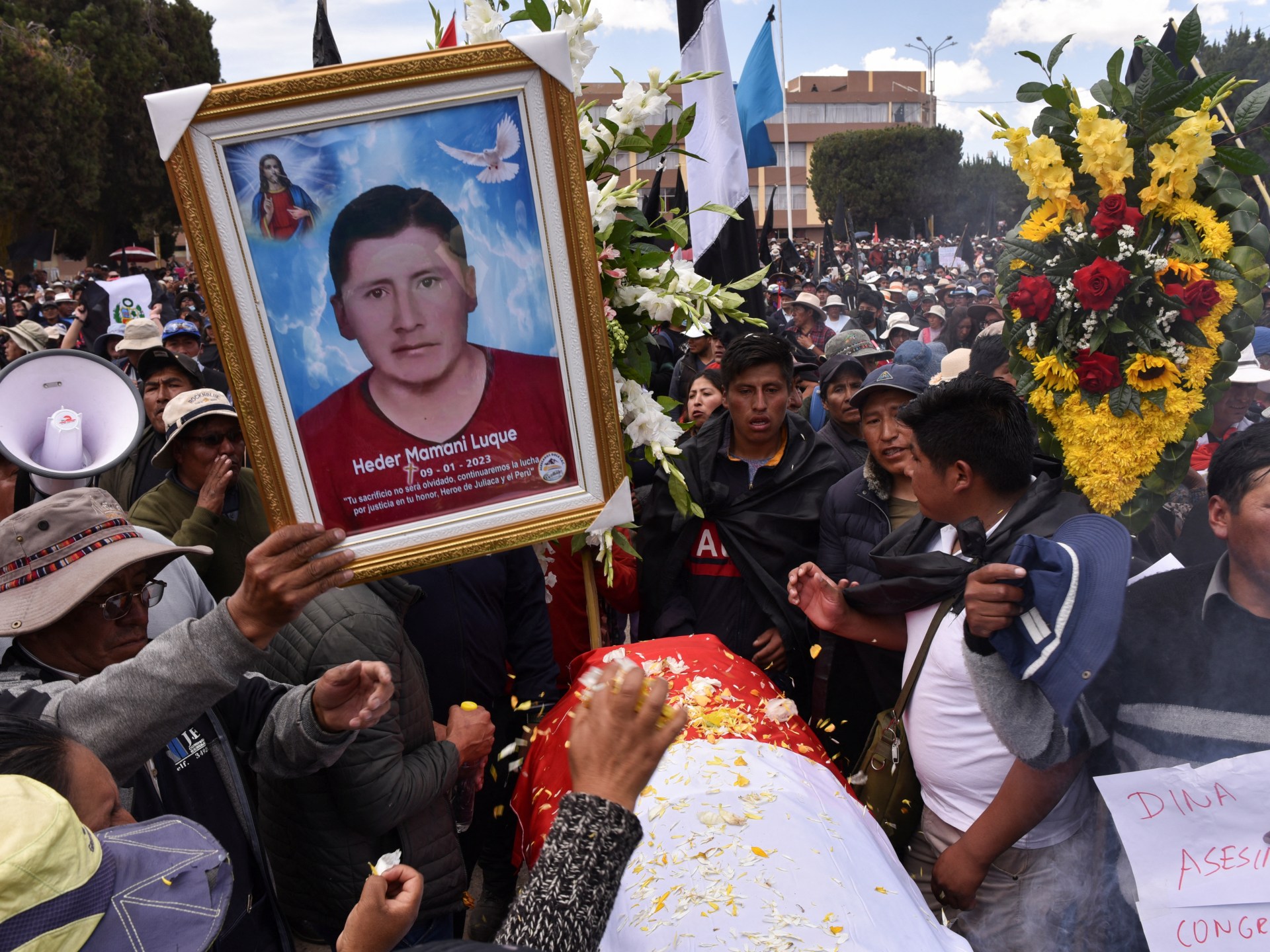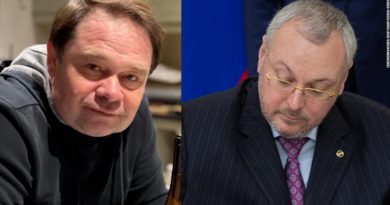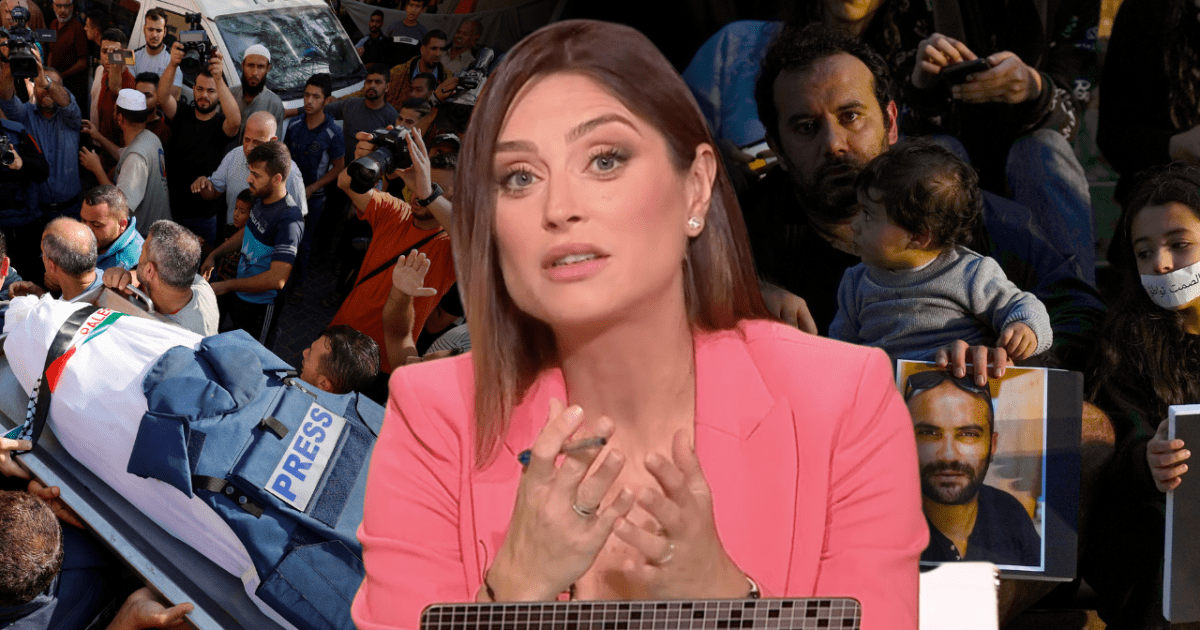Peru attorney general launches investigations into protest deaths
Peru’s attorney general has launched 11 inquiries to identify those responsible for more than three dozen mostly civilian deaths in the mass anti-government protests that have roiled the South American nation for more than a month.
Patricia Benavides’s office on Friday announced that the investigations would focus on the violent clashes between demonstrators and security forces in the southern regions of Puno, Cusco, Arequipa, Apurimac and Ucayali, as well as the Peruvian capital, Lima.
The removal of former left-wing President Pedro Castillo last month spurred the continuing unrest, which has claimed the lives of at least 41 civilians and one police officer.
Peru’s opposition-led Congress voted to remove Castillo from office on December 7 after he tried to “temporarily” dissolve the legislature and rule by decree in advance of the third impeachment attempt of his embattled presidency.
Castillo’s former vice president, Dina Boluarte, replaced Castillo after his impeachment.
Boluarte has faced calls to step down from protesters, many of whom also are demanding early elections and the release of Castillo, who is in pre-trial detention on accusations of “rebellion” and “conspiracy”. He has denied the charges.
In mid-December, the new president declared a 30-day, nationwide state of emergency to stem the protests, suspending certain civil liberties and authorising the Peruvian security forces to be deployed. Boluarte also has urged “peace, calm and unity”.
But the demonstrations have continued, and earlier this week, on January 9, at least 17 protesters were killed in southern Peru in the deadliest day of violence so far.
Human rights groups have accused authorities of using firearms on protesters and dropping smoke bombs from helicopters. The army said protesters have used weapons and homemade explosives.
On Tuesday, Amnesty International urged the Peruvian authorities to end what it called “unnecessary and disproportionate use of force” against civilians after the deaths in the country’s south, which is a stronghold of support for Castillo, a former rural teacher and union leader.
“The escalation of violence taking place in Peru is unacceptable. State repression against demonstrators and the loss of human lives is exacerbating the crisis,” Marina Navarro, executive director of Amnesty International Peru, said in a statement.
The deadly violence also prompted Benavidez, the attorney general, to open a preliminary “genocide” investigation against Boluarte and several ministers.
Meanwhile, the 17 people killed were laid to rest Thursday in Juliaca, a city in the southern Puno region close to the Bolivian border where protesters had tried to take over the airport earlier this week.
“My uncle is dead. He had two bullets in his body,” said Sonia Quispe, niece of Marcos Quispe, who died in the violence on Monday. “His death has been so tragic. They killed him in the clashes at the airport. Who shot him? The police.”
Meanwhile, rail and air links to Peru’s famed Machu Picchu site were cut on Friday due to the protests.
Cusco – an arrival point for people visiting the country’s tourism crown jewel – saw confrontations break out on Wednesday. Protesters attempted to enter the airport, while others torched a bus station, attacked shops and blocked train tracks with large rocks.
It is the second time that Cusco’s main airport has shut down since the unrest began. Train connections between the city and Machu Picchu also were suspended until further notice, the railway company said in a statement, citing safety concerns.
The attorney general’s office has said 355 civilians and 176 police officers also have been injured in the protests so far, while another 329 people have been arrested.
“There is a lot of indignation, pain, suffering,” Doris Zevallos, a fashion designer, told the AFP news agency while attending a protest in Lima on Thursday to denounce the government.
“This is causing psychological damage to the entire population, who are aware of what is happening inside the country, especially with our provincial brothers and sisters who are being killed as they are, a total massacre,” said Zevallos.




